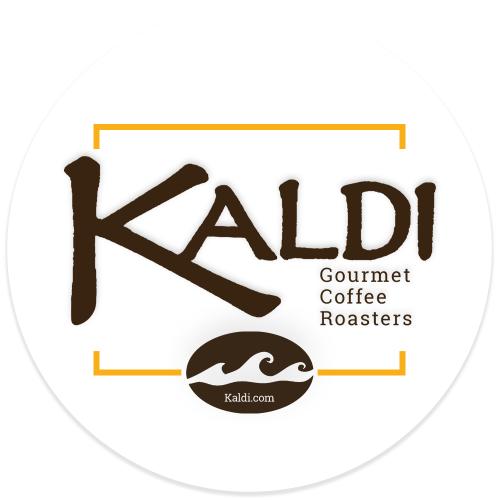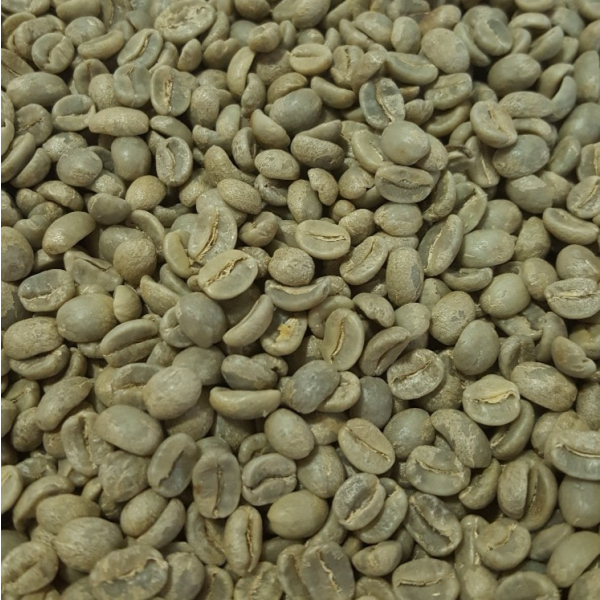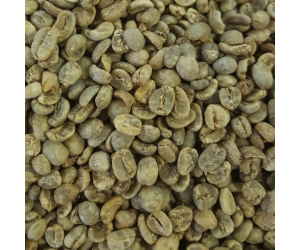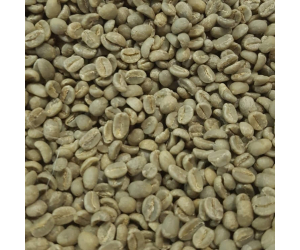Guatemalan Green Coffee Beans (Not Roasted)
Guatemalan Green Coffee Beans in Bulk (Not Roasted) Sold in 1 pound (16 oz) increments.
The story goes that in the mid-1700s Jesuit missionaries came to Guatemala with coffee plants. The Jesuit missionaries grew the coffee plants because they were decorative and they produced pretty flowers, but it was soon discovered by the people of Guatemala that the plants grew very well in their climate, and the plants created seeds that could be used to produce delicious drinks. This may or may not be the exact way that coffee was introduced to this country, but it does make a great tale to tell over a cup of Joe.
The Guatemalan Coffee Varieties
Guatemalan coffee is produced in several different regions of the country. Each region produces coffee beans that have their own distinctive aromas, fragrances, and flavors. Many of the Guatemalan coffees have risen to be considered the finest coffees in the world because of their unique flavors and characteristics.
Guatemala Antigua
This coffee is complex and has a high level of acidity that increases the complexity of the flavors. The most prominent undertones are those of a spicy/smoky taste then you catch the more subtle tastes of a floral activity, and a lingering hint of chocolate.
Guatemalan Fraijanes
The beans of this coffee are grown high in the mountains north of the Lake Amatitian near Guatemala City. The dirt the plants grow in has a high potassium level and has volcanic ash mixed in as well. The beans produced here are strictly hard bean/seed grade. This coffee is very similar to the Antigua, except the acidity of this coffee leaves it with a brighter, sharper taste.
Coban
The Coban coffee beans are grown in the northern central section of the country. These beans are often said to produce a spicy flavor. These beans have a complex flavor like the Antigua and the Fraijanes, but the Coban beans introduce softer and more subtle flavorings. The flavors are like mere hints as they open up your taste buds and then dance away to be replaced by another intriguing taste.
Huehuetenango
The Huehuetenango beans are grown closer to the northern portions of the country in the high regions at 1600 to 1700 meters above sea level. These coffee beans offer you everything you can find in the Antigua beans, except the flavors are crisper, cleaner, and the chocolate is less frequently discovered. It can be said that this coffee offers a sweetness that can only be compared to buttery toffee. The buttery flavor is present in light and dark roasts but when these beans are roasted to a dark roast you will find a cocoa aftertaste that lingers after you drink the coffee.
San Marcos
These coffee beans are grown in the wettest portion of the country in volcanic soil that is rich and lends flavor to the coffee beans produced in this area. These coffee beans are very much like the Antiguas, but the delivery of the flavors is in a creamier and silkier style. They are not as subtle as the Coban flavorings, but they are not as pronounced as the Antiguas.
When are the Guatemalan Coffee Beans Harvested?
Typically the harvest for the Guatemalan coffee beans occurs in the months between December and April.
What Grading Methods are Used for Green Coffee in Guatemala?
The Guatemalan green coffee beans are graded according to how high of an elevation they were grown at, this is called the strictly high grown variety of coffee beans. They are also graded by how hard the bean is. The strictly hard bean/hard seed is also something that occurs due to the elevation that the coffee was grown at.
Coffee plants that grow in higher elevations will produce harder and firmer coffee beans than the coffee plants grown at lower elevations.
The harder coffee beans/seeds produce a more intense and robust flavor than the softer shelled beans/seeds do.
What makes Guatemalan Antigua a class apart from the run-of-the-mill harvests is its well-rounded smoothness and robust feel. The sweetness of caramels and chocolate in our unroasted Guatemalan coffee beans is mingled with the acidic undertones of orange and lemon, full of complex flavours leaving you a lingering freshness all the way.







